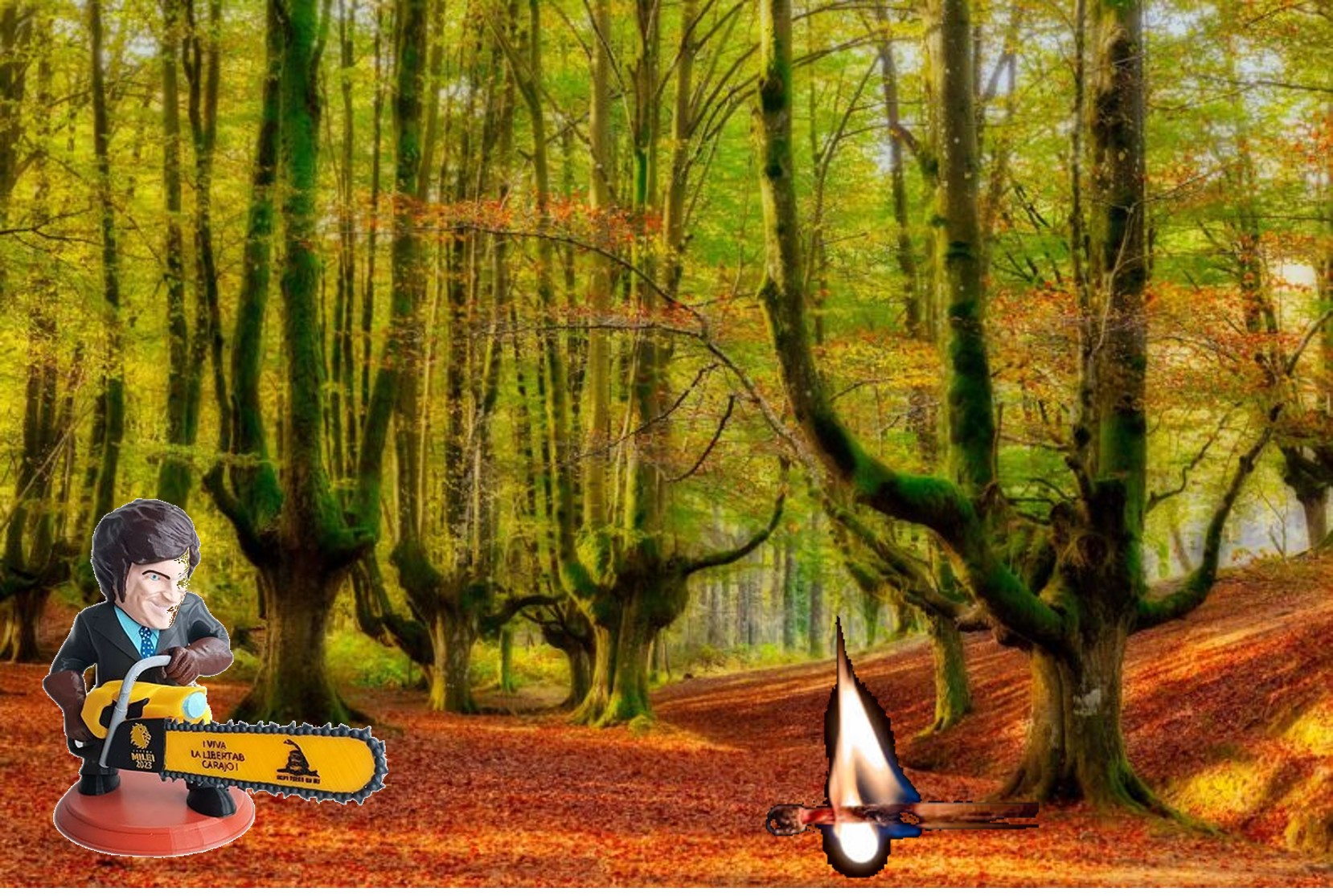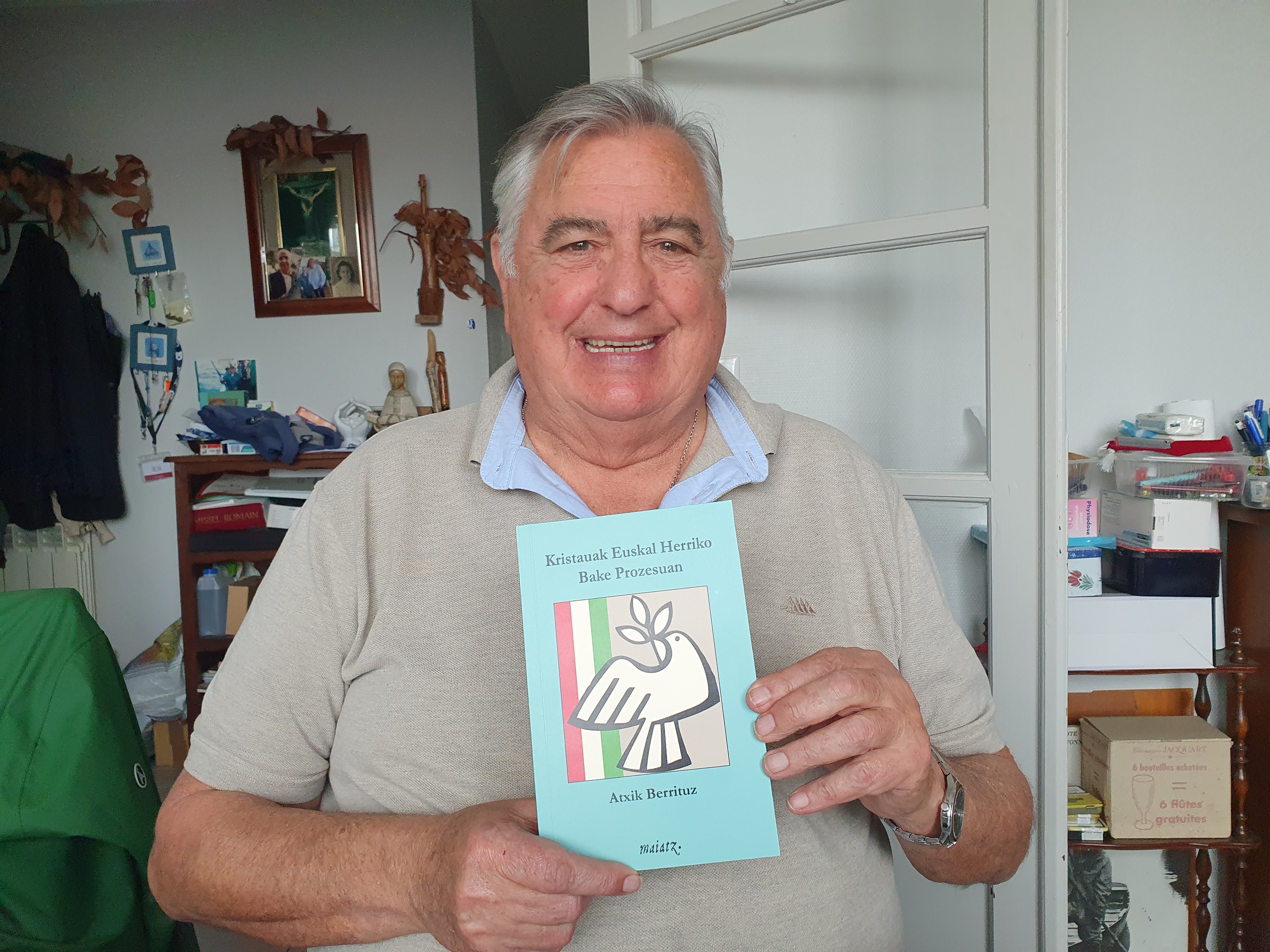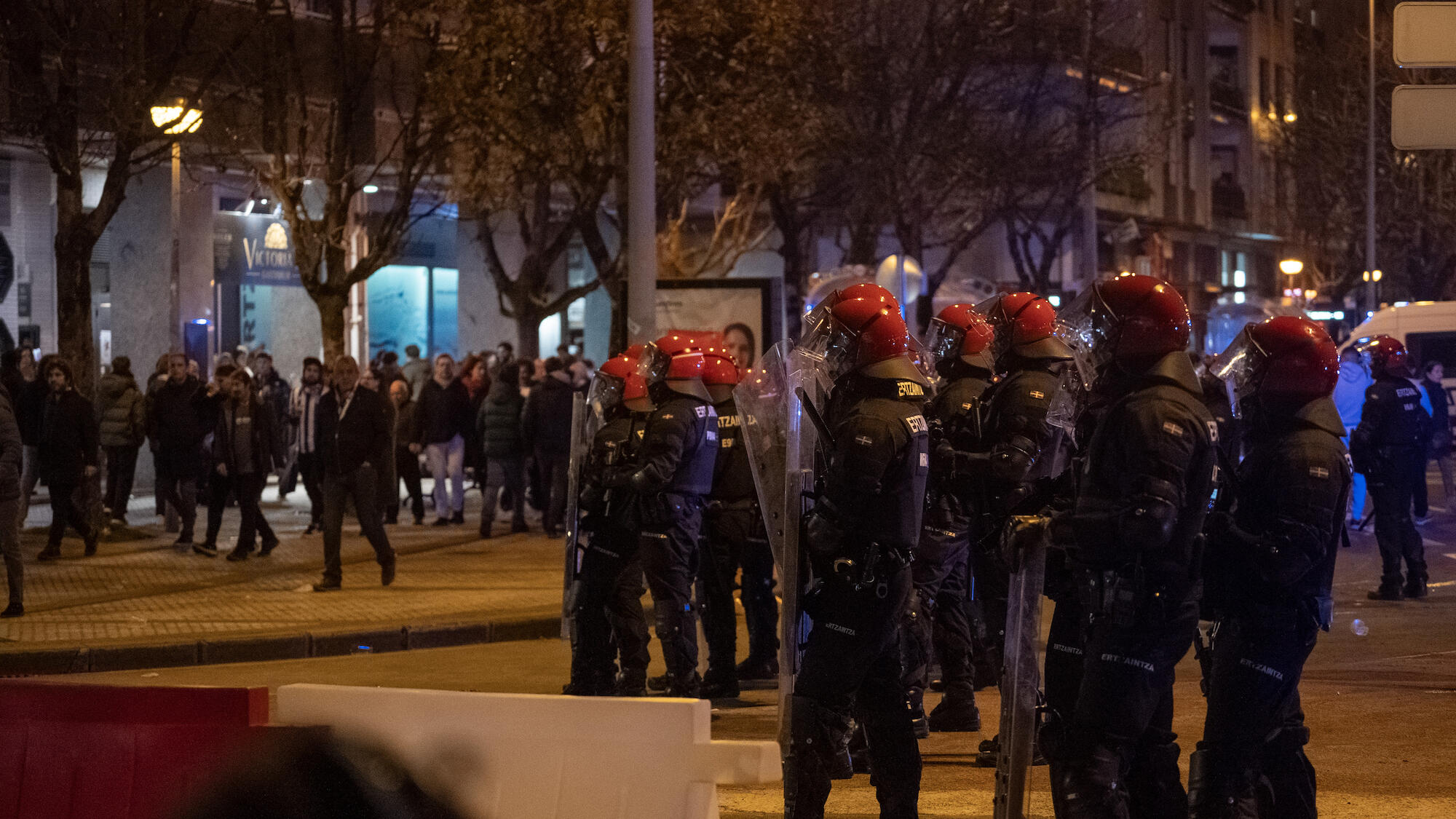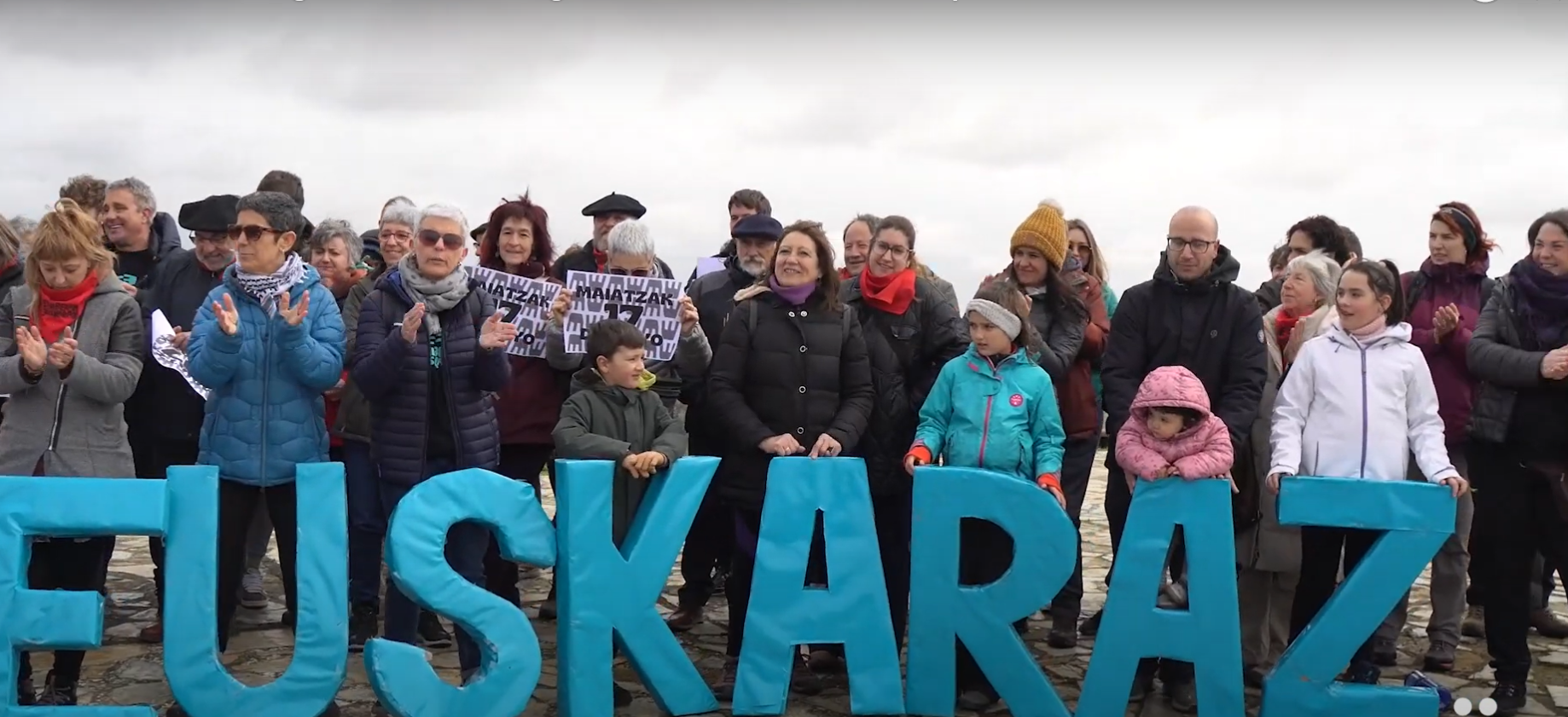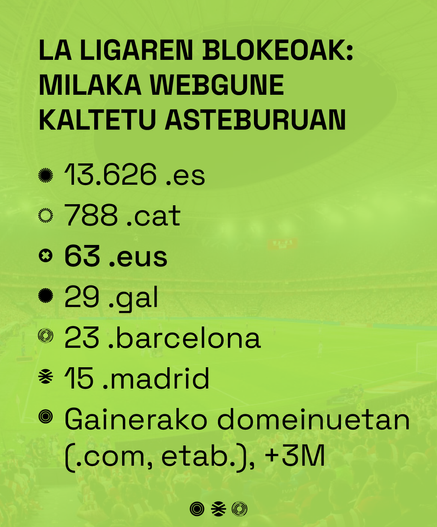The journey of the dominants, dominates and savior

Chile recently began a critical review of its long history of oppression. The production with this objective has been extensive and of great quality in recent years, both from the literature – Mapocho de Nona Fernández, Don´t be afraid torero of Pedro Lemebel or Ways to return home of Alejandro Zambra – and from the movies – Machuca de Andrés Wood, León and Cociñaren in the Manuellinos section Manucasa lobo, 1976, among others. The wound of the history of Chile’s weakness has not been closed at all, even continues to bleed.
The film Los Colonos was born as a fruitful memory activity and, after 12 years of aging, director Felipe Gálvez had the opportunity to present it at Horizontes Latinos. The excellent prima opera puts us at the beginning of the twentieth century in the extensive Patagonia between Chile and Argentina. According to the wealthy landlord, British lieutenant MacLenan, Mark Stanley, the US mercenary Bill, Benjamin Westfall, and the Second mestizo, who must follow the Camilo Arancibia talent closely, cross the Earth of Fire. With the excuse of opening a path for the herd, three men must “clean” the area, slaughtering the village of Selk’nam.
The film, which perfectly combines the oppressive grandeur of the landscapes of Patagonia with the first expressive planes of the protagonists, leads us to a spiral of endless violence. Thus, as violence becomes increasingly explicit and aggressive, the great initial general plans will be narrowed, exploring the portrait of victims and executioners of such violence. The need to master nature, which occurs as play or entertainment, which is characteristic of hierarchies, which has been supported by the original peoples… Violence is represented in the film in many ways and with many faces. The most interesting thing, of course, is that in the end, in the most diffuse way, there is the coercive violence of the State and the assimilation of the original peoples.
The great welcome The Settlers had in their performance last Saturday, and some comments on the network, which say the film is a “discovery of the year”, are flying. Although I do not fully share the fascination generated, I believe it should be seen because the western critic of Gálvez is a faithful heir to the reflections of our time and a powerful cinematographic work.

The wind that ravages, which I have seen on the second day of the Festival, also has as its focus the dynamics of the dominant and dominated, in a much more diffuse way. Horizontes Latinos competes with Paula Hernández, Argentina. The protagonists of the film are Mr Pearson – Alfredo Castro – and his daughter Leni – Almudena González. Lenen only knows the evangelizing mission of his father and his fiery devotion, from celebration to celebration, crossing the country together. When the car is damaged in the middle of the road, they come to the workshop in the middle of nowhere and there they meet Gringo – Sergi López – and his son Tapioca, Joaquín Acebo.
Tapioca wants to be heard and loved, while Lena wants to free herself from the suffocating protection of her father and God (and the holy spirit). In the summer sergeant, Mr. Pearson decidedly chooses to evangelize Tapioca. Gradually, tensions and power dynamics between the characters are uncovered, such as strong night storms, until fears and reproaches saved for years explode.
Based on the book of the same name, El viento que arrasa, written by Selva Almada. It has left me very cold to see Hernández's adaptation wanting. The work of Selva Almada in recent years portrays the decadent plot of Argentine rural characters and landscapes with an absolutely sensual and suggestive prose. So, there were prerequisites for waiting for a disturbing film of great beauty. Hernani's theory, however, does not know how to build a growing tension, so his proposal can be attributed to a manifest lack of unity.
You may not know who Donald Berwick is, or why I mention him in the title of the article. The same is true, it is evident, for most of those who are participating in the current Health Pact. They don’t know what Berwick’s Triple Objective is, much less the Quadruple... [+]
The article La motosierra puede ser tentadora, written in recent days by the lawyer Larraitz Ugarte, has played an important role in a wide sector. It puts on the table some common situations within the public administration, including inefficiency, lack of responsibility and... [+]
Is it important to use a language correctly? To what extent is it so necessary to master grammar or to have a broad vocabulary? I’ve always heard the importance of language, but after thinking about it, I came to a conclusion. Thinking often involves this; reaching some... [+]
The other day I went to a place I hadn’t visited in a long time and I liked it so much. While I was there, I felt at ease and thought: this is my favorite place. Amulet, amulet, amulet; the word turns and turns on the way home. Curiosity led me to look for it in Elhuyar and it... [+]
Adolescents and young people, throughout their academic career, will receive guidance on everything and the profession for studies that will help them more than once. They should be offered guidance, as they are often full of doubts whenever they need to make important... [+]
Atxik Berrituz giristino taldeak Kristauak Euskal Herriko bake prozesuan liburua argitaratu du Maiatz argitaletxearekin. Giristinoek euskal bake prozesuan zer nolako engaiamendua ukan duten irakur daiteke, lekukotasunen bidez.
Maiatzaren 17an Erriberako lehenengo Euskararen Eguna eginen da Arguedasen, sortu berri den eta eskualdeko hamaika elkarte eta eragile biltzen dituen Erriberan Euskaraz sareak antolatuta








